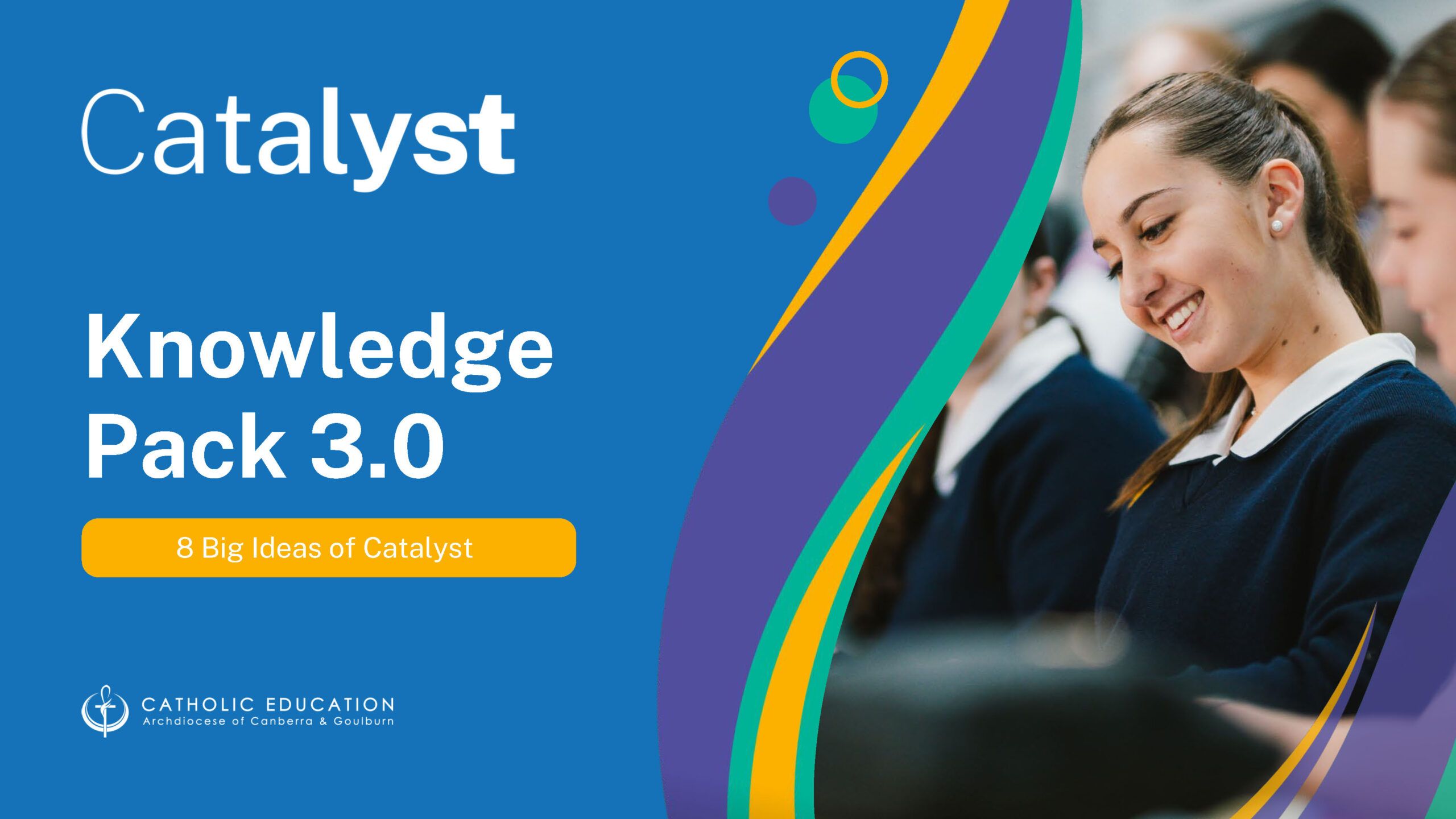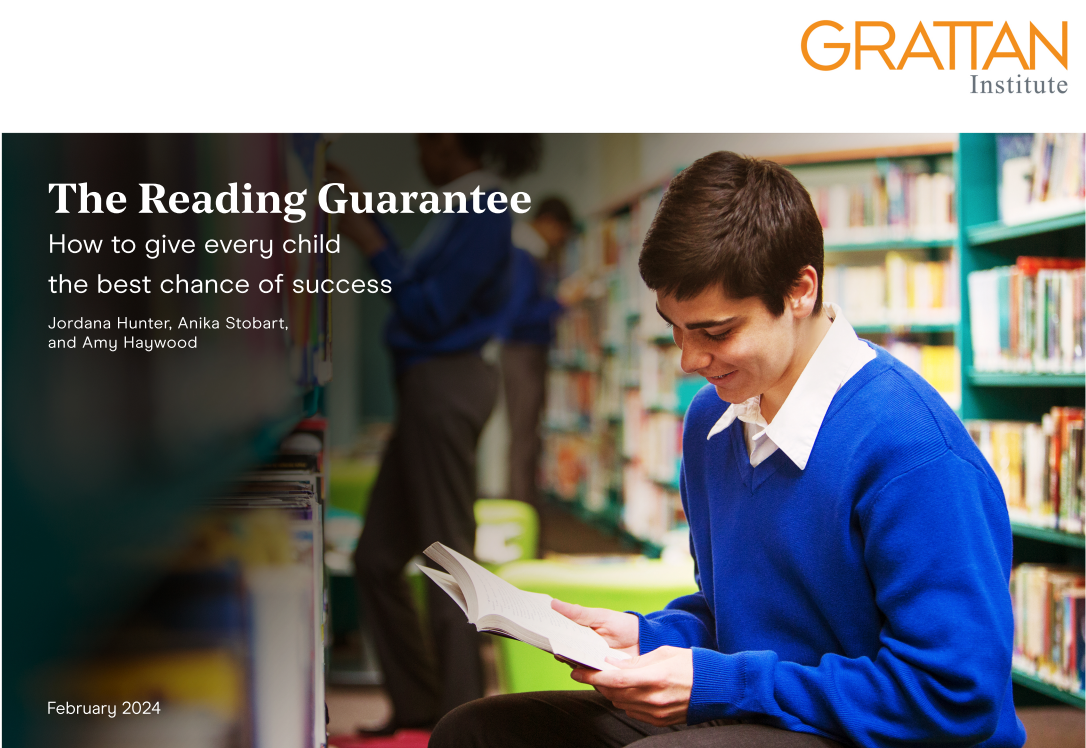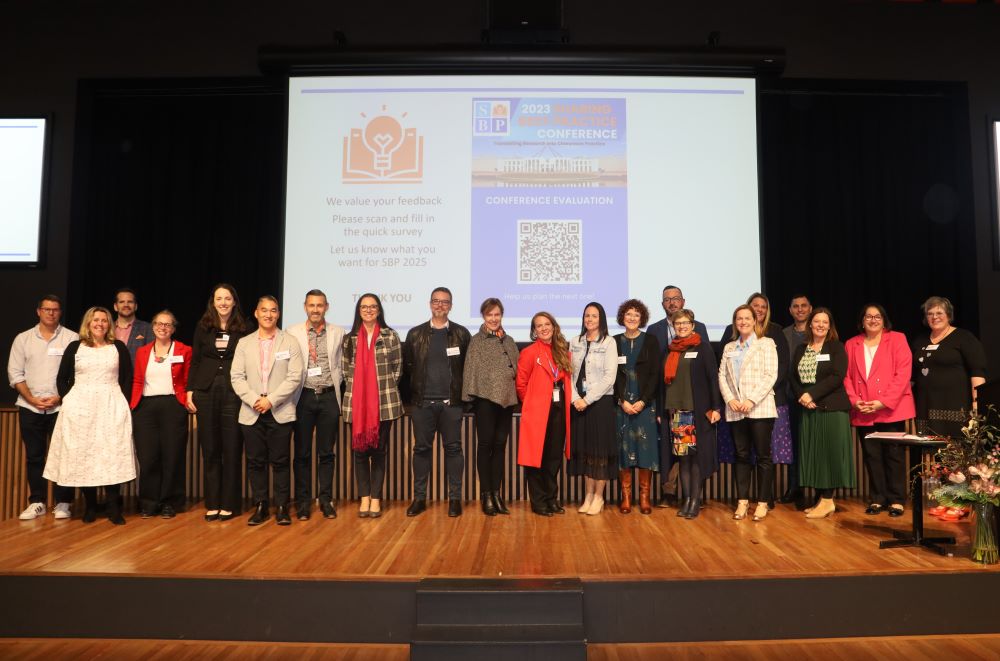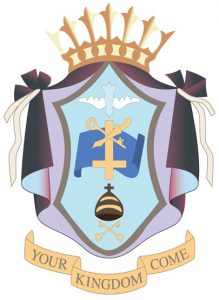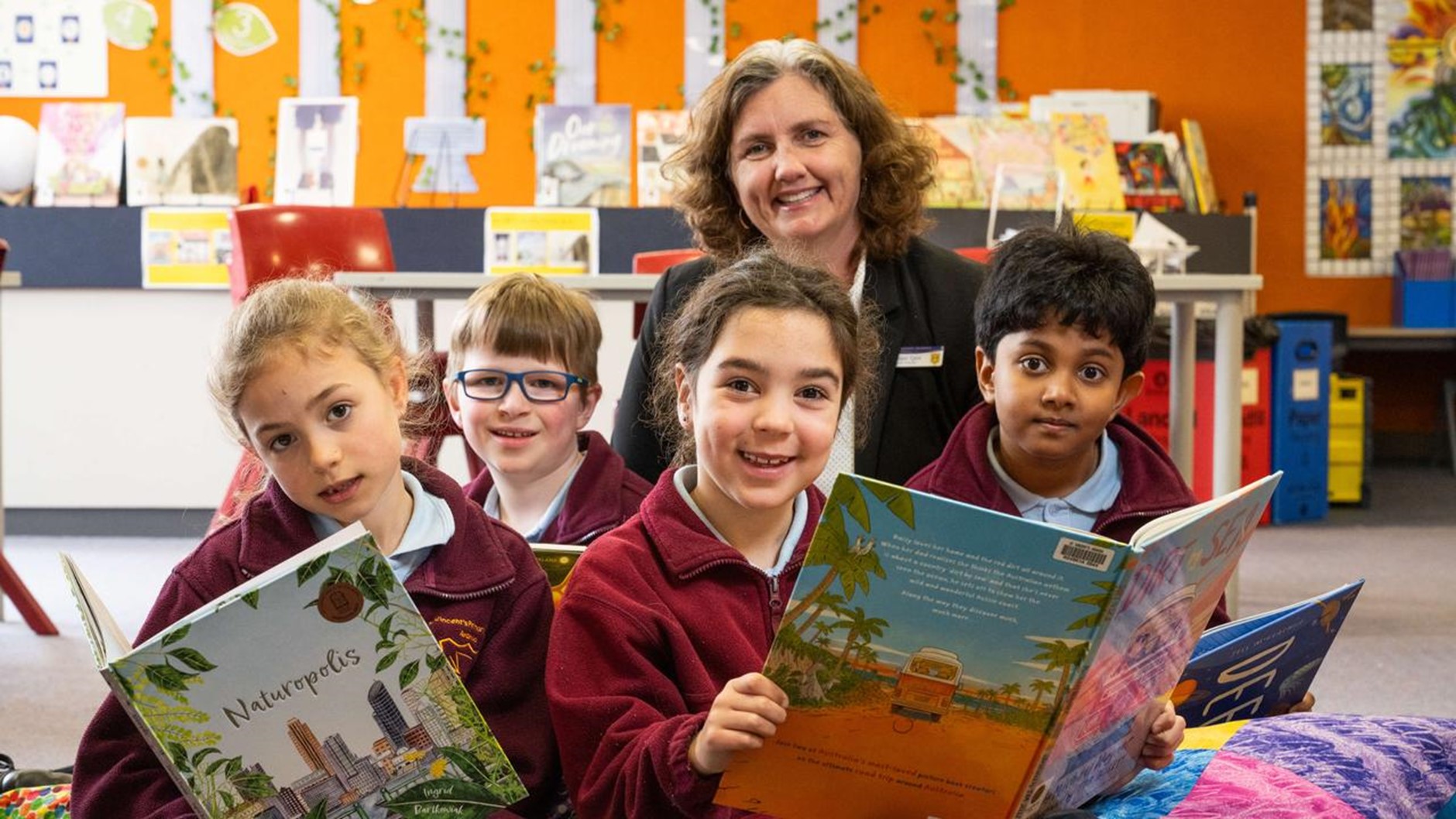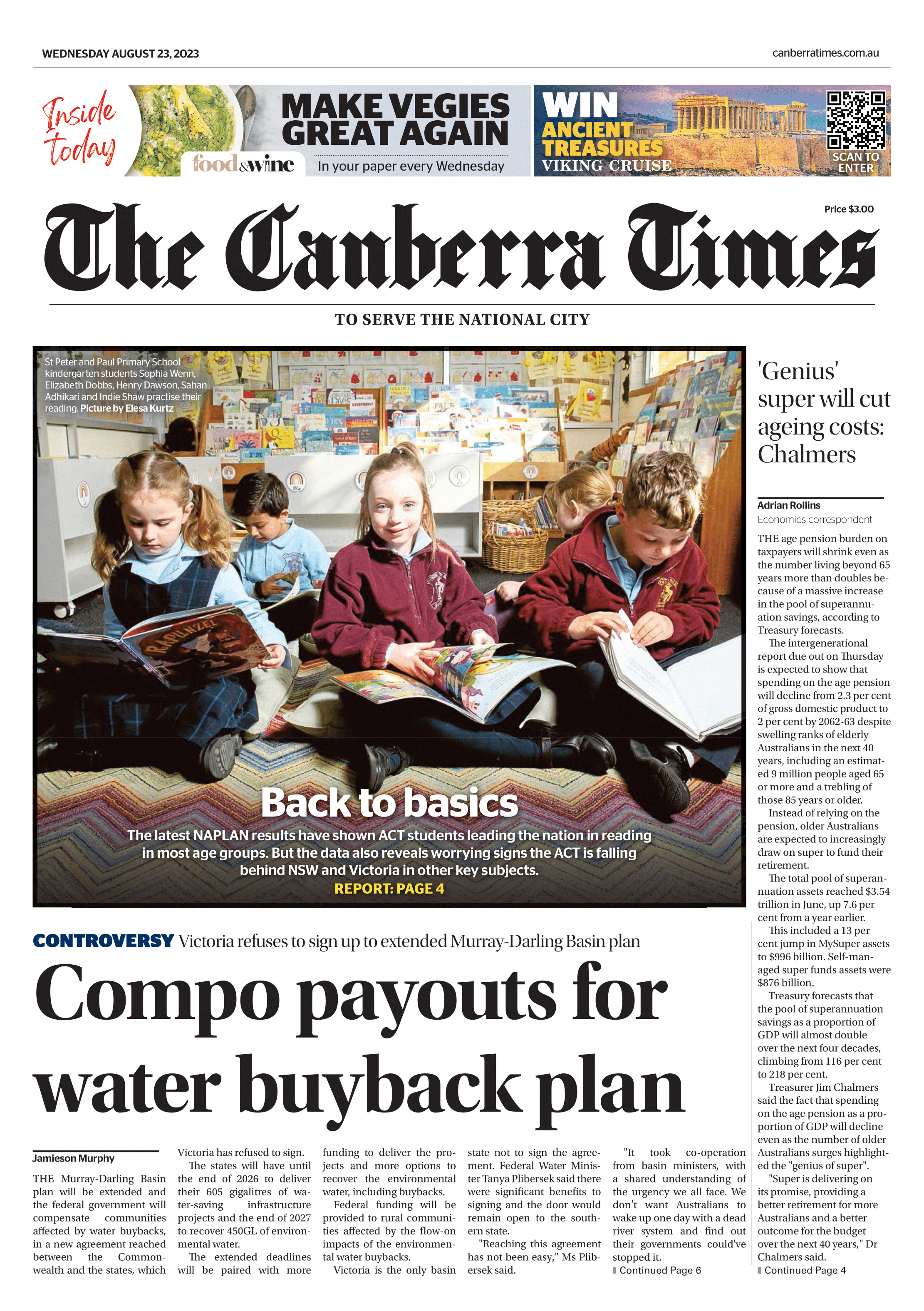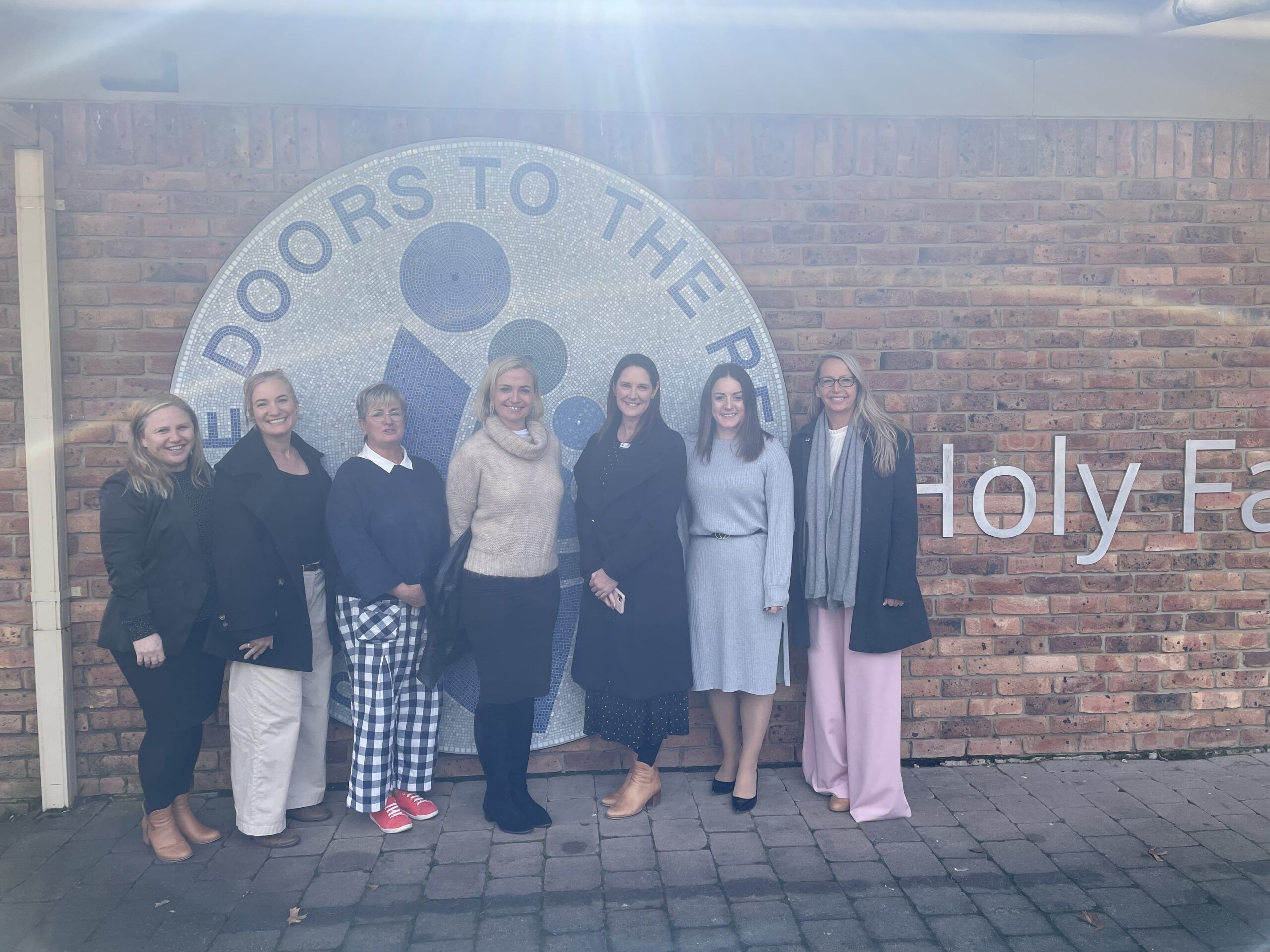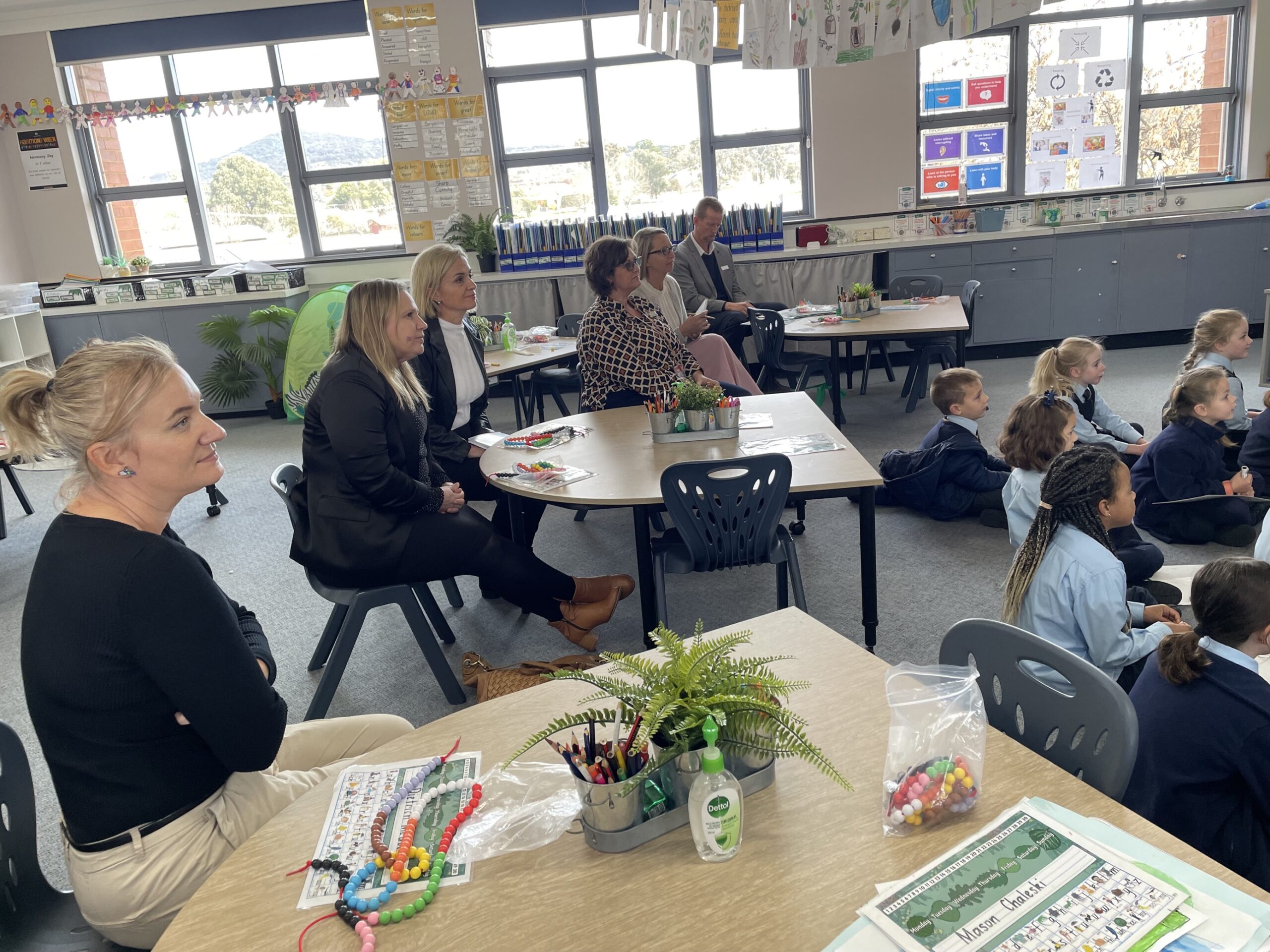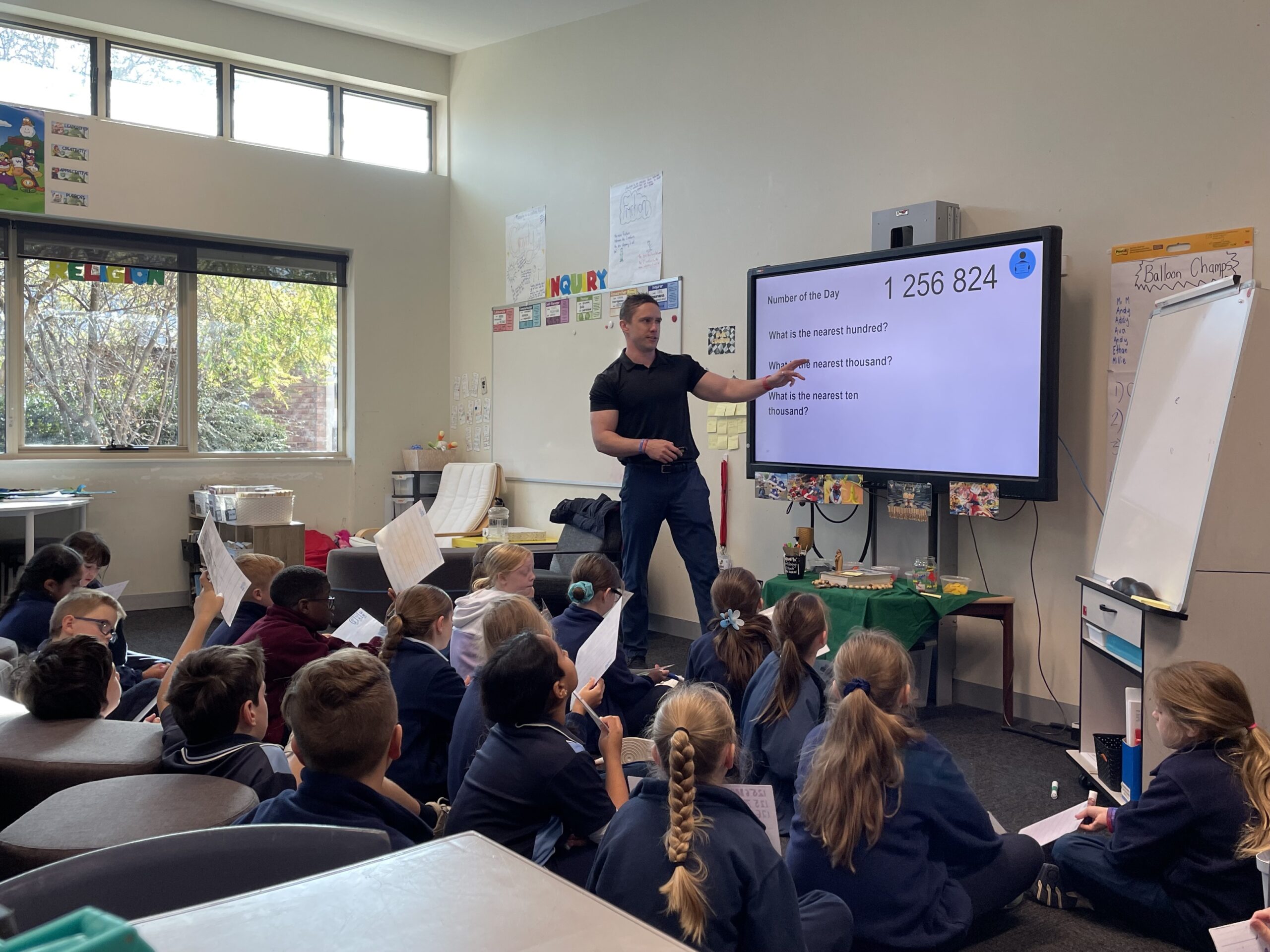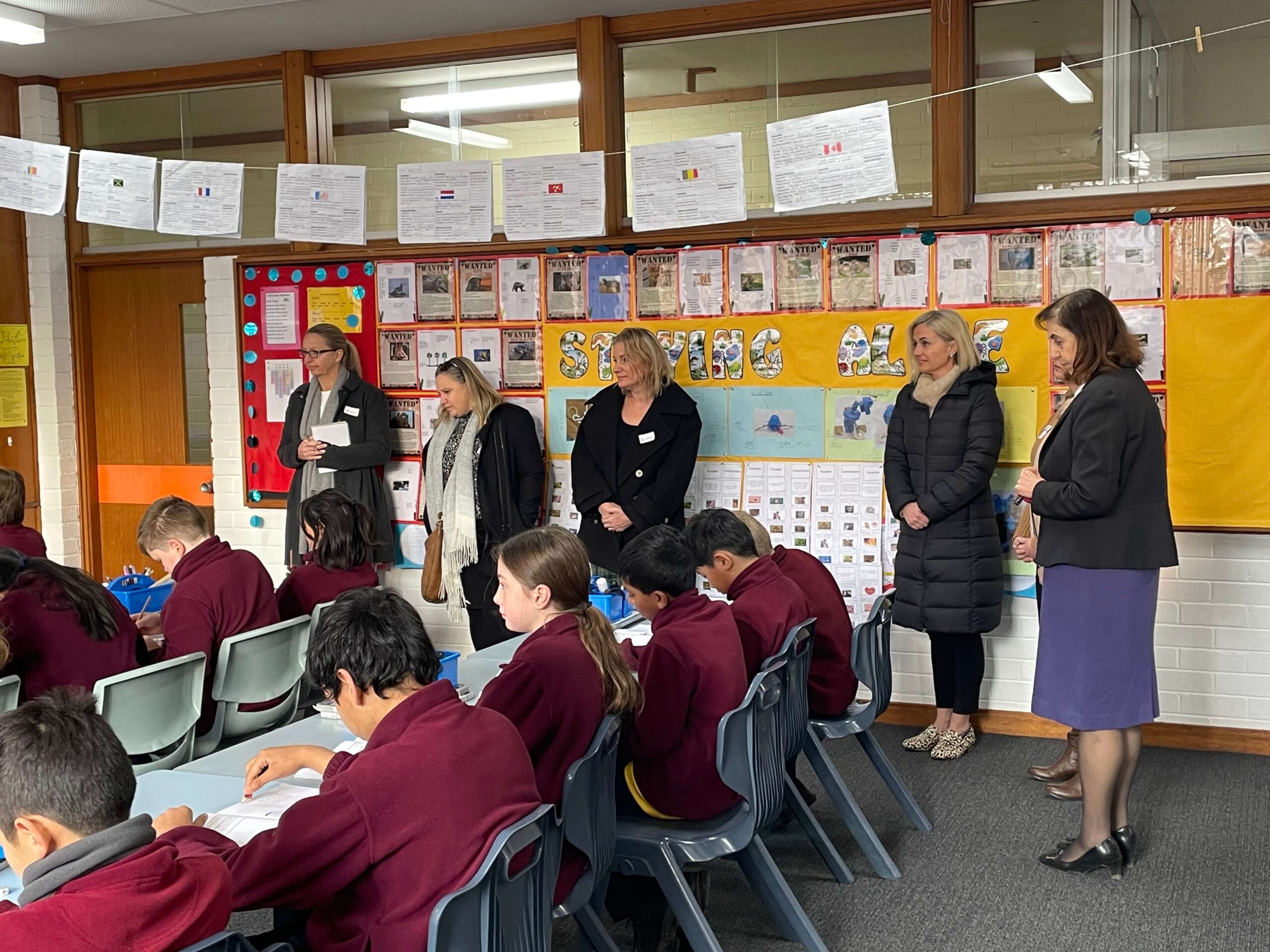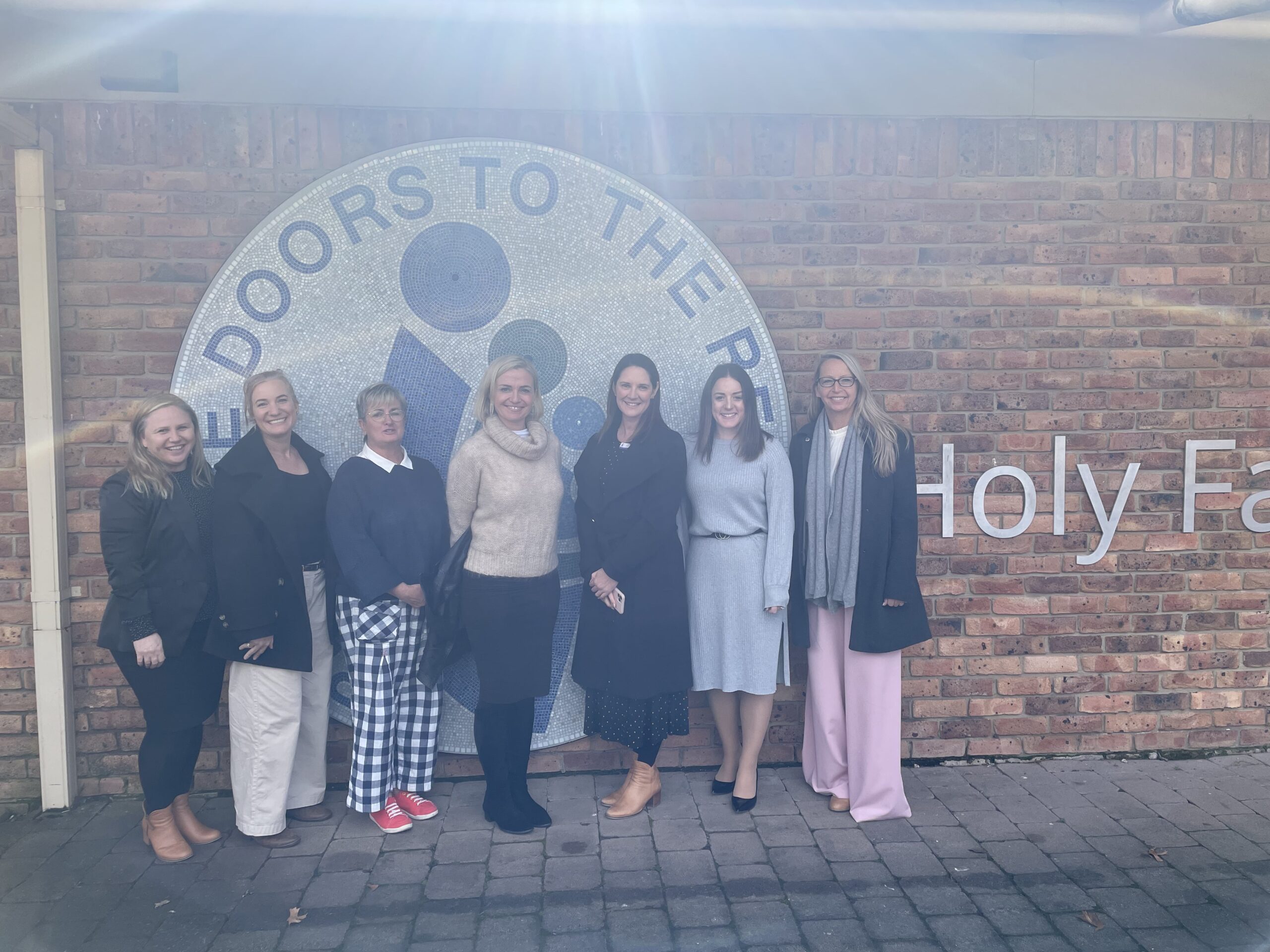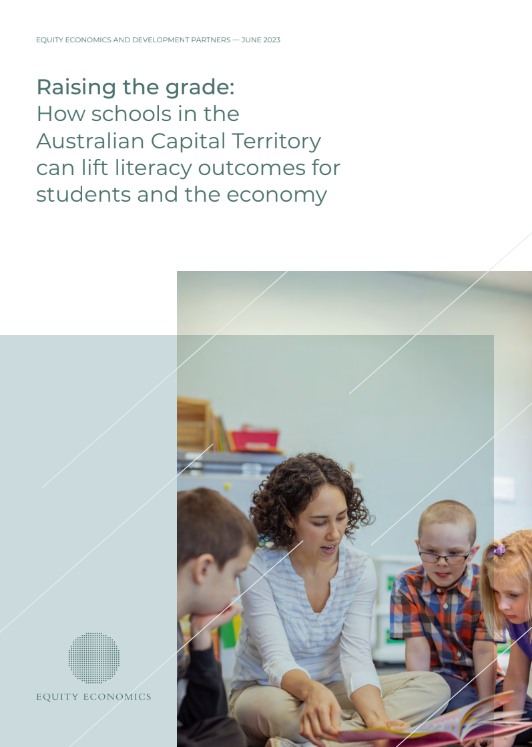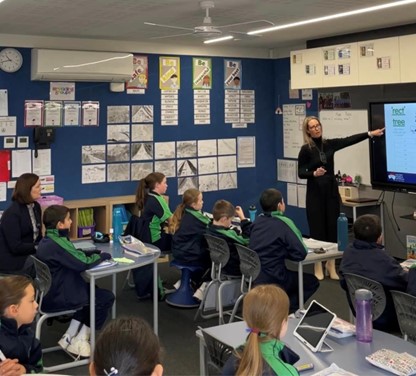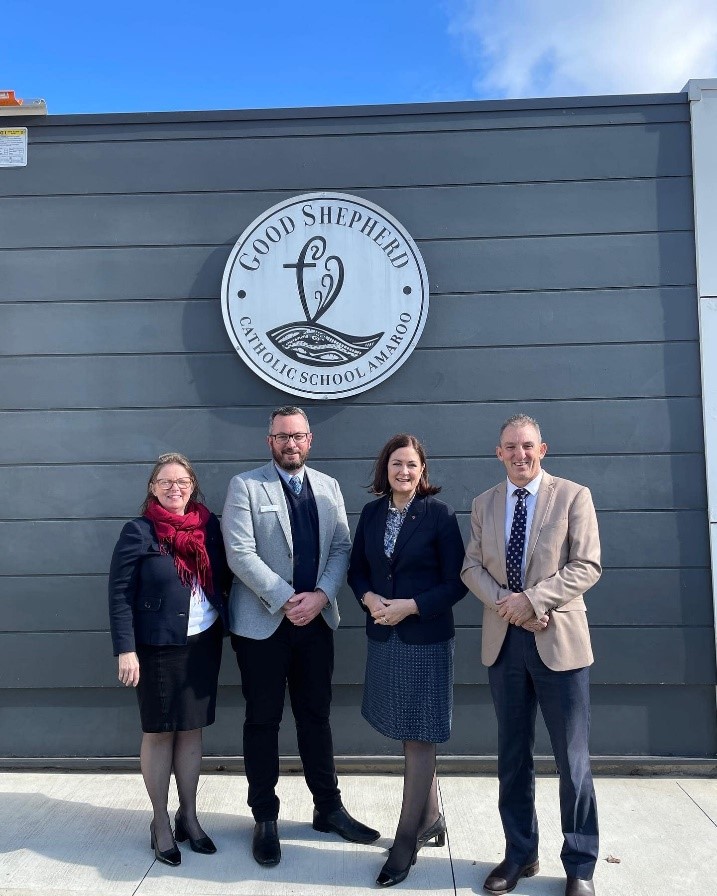Transformative Tools for Teachers: Knowledge Pack 3.0
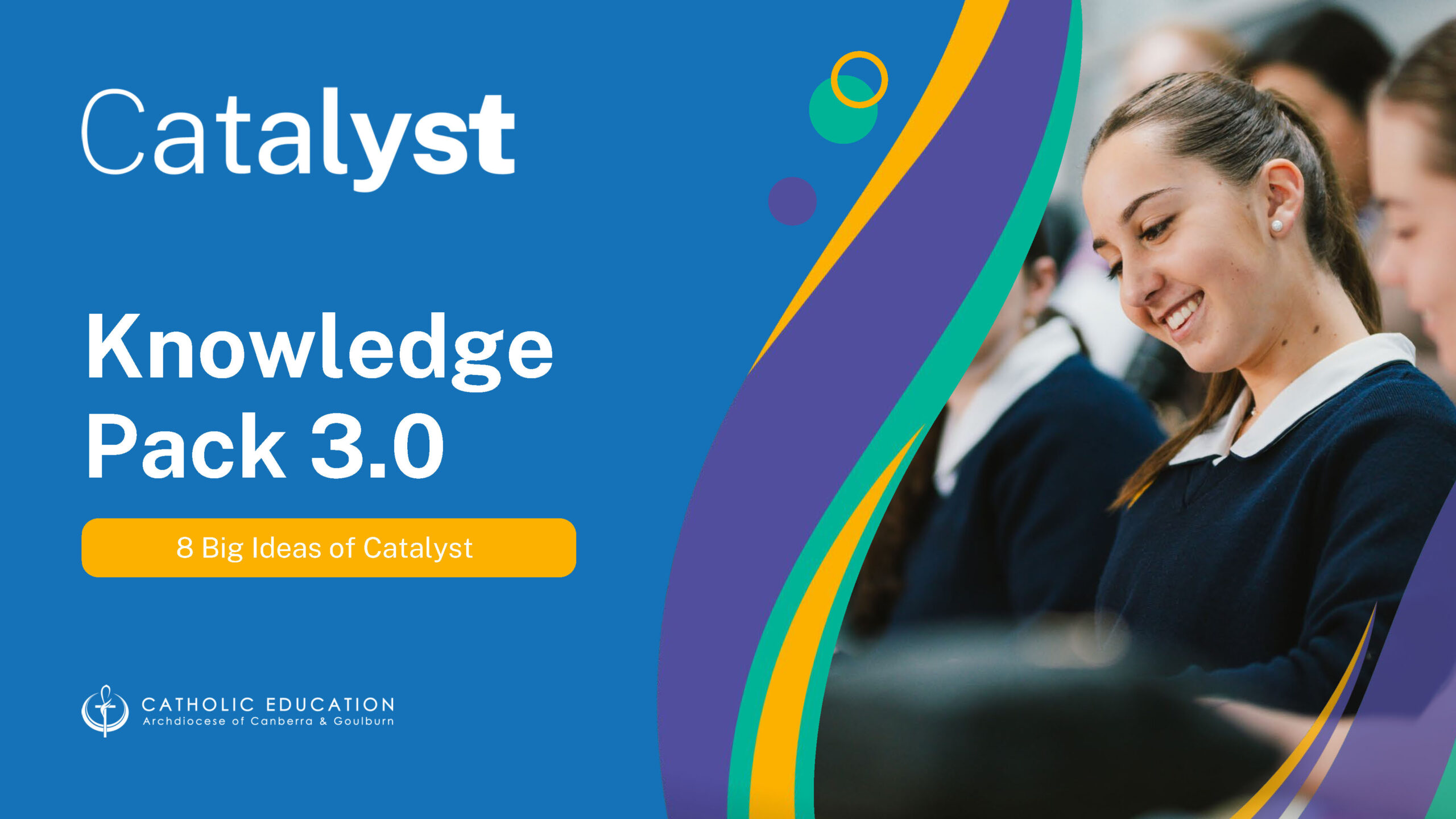
Catholic Education Canberra Goulburn is thrilled to announce the launch of a brand-new Knowledge Pack exploring the fundamentals of our 8 Big Ideas of Learning.
Our 8 Big Ideas are guided by the Science of Learning, and insights from global experts in education, including the work of ED Hirsch Jr, Barack Rosenshine, Dylan Wiliam and Emeritus Professor, John Sweller. These ideas distil the research into readily accessible principles for adoption by teachers across our system:
- School is where we learn biologically secondary information
- Learning is a change in long-term memory
- Teaching is a profession that should be informed by evidence
- Knowledge matters, it’s what we think with
- The most effective way to teach knowledge is explicitly
- High quality whole class instruction will help all students to learn
- Reading is essential for students to acquire knowledge
- Curriculum should be ambitious, coherent, sequential and cumulative
Our two previous Knowledge Packs are the most frequently downloaded resources on our website, receiving overwhelmingly positive feedback from teachers. Knowledge Pack 3.0 encompasses a carefully curated collection of over 60 articles, podcasts and webinars exploring each of these Big Ideas.
Since 2020, the Catalyst program has embedded evidence-based, High Impact Teaching Practice (HITP) across the 56 schools in our Archdiocese, supported by three pillars – Curriculum (What to teach), Pedagogy (How to teach) and Assessment (How we know). The release of this pack reinforces our commitment to empower teachers by translating research into practice.
Director, Ross Fox, commented, “I am delighted to endorse our third Knowledge Pack as a key resource for any system adopting Science of Learning. As we witness positive shifts in student learning and teaching practice, we are validated in our investment in our teachers by providing them with quality resources, professional learning and support.
By sharing the knowledge gathered from our own journey, alongside pedagogical best practice from global educational leaders, we hope to pave the way for schools nationwide to readily adopt the principles in their own system and have similar positive impact.”
